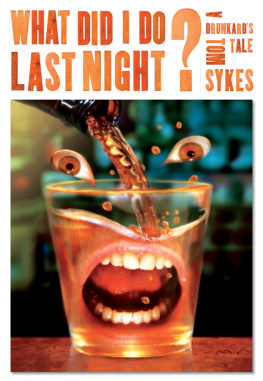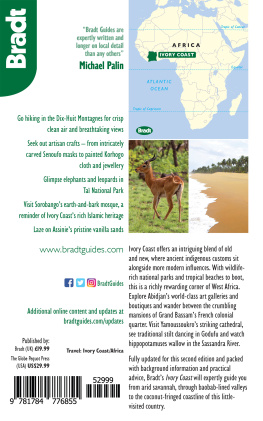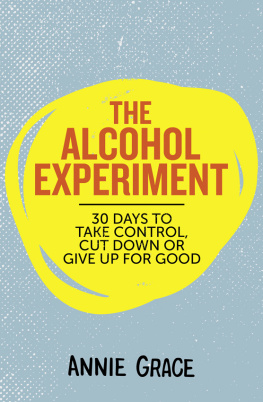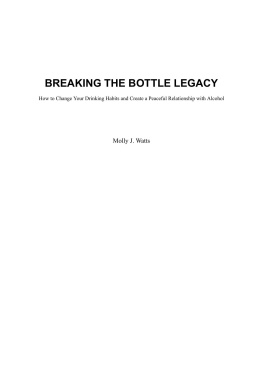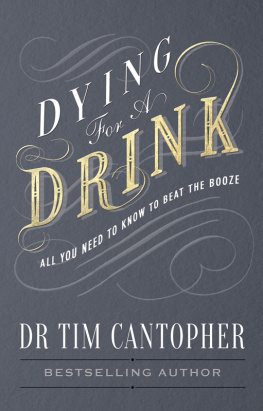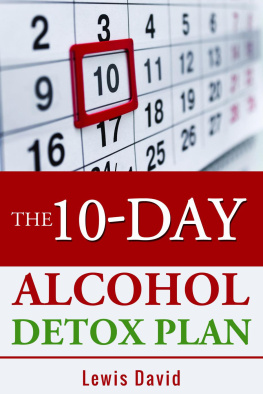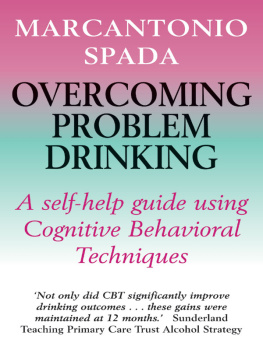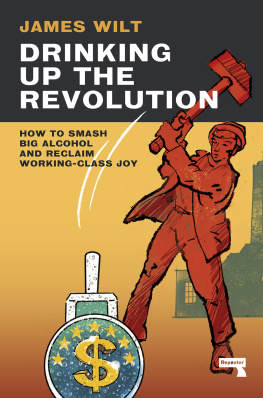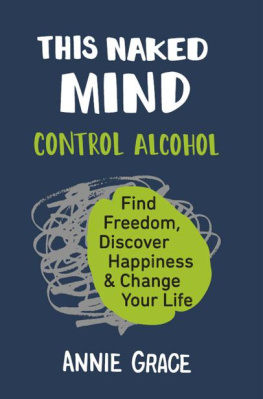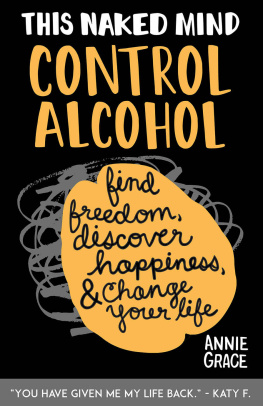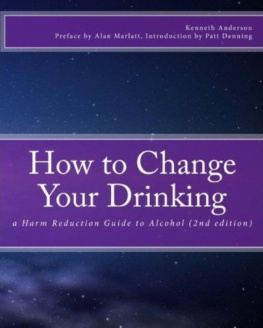For the Monk
CONTENTS
ACKNOWLEDGMENTS
A giant thank-you to everyone who made this possible. First, my family: my wife, Sasha; my mother, Valerie; my sisters, Lucy, Plum, and Alice; my brothers, Fred and Josh; my father, Mark; and my brothers-in-law, Euan, Chris, and Toby. My work colleagues: Chris Wilson, for continuing to be the greatest man in the known world for a wild night out in New York City, and Paula Froelich, for introducing me to my editor, Leigh Haber, in the first place. Thanks to my friends, especially Rupert, William, Robin, Neil, Olly, Frank, Tom, James, Helen, and Alex, for letting me use their stories and helping me remember all the nonsense we got up to. Thanks are also due to Luke Janklow, Rick Marin, Tracey Westmoreland, and Eddie B. And to James Frey for the importance of this statement: Everything in this book is absolutely true, although sequences have been rearranged and conversations re-created, often on the basis of subsequent interviews. The names of James, Brad, Frank, William Clarke, Jim Jones, Greg Davidson, and Matthew Mole are pseudonyms.
PROLOGUE
-3 DAYS
It was somewhere past midnight, and I was standing at the bar in Siberia, complaining that my martini seemed a bit weak.
Patrick, I called out over the long wooden bar, did you let the ice melt in this or something?
What? sighed Patrick, the long-suffering barman. He pushed his long hair back from his face as he walked toward me. He was framed by a pyramid of glowing liquor bottles stacked behind him. Whats the matter, Tom?
Its this martini, I grumbled. It doesnt seem to have any kick in it.
No kick! Its pure vodka, man. Thats what a martini is. A martini cant be weak.
Maybe the ice melted.
You want me to make you another?
No, no, I muttered. Its fine. Whatever.
My best friend, Chris Wilson, with whom I worked on Page Six, the gossip column at the New York Post (where I also wrote a weekly column about the citys bar scene), was standing next to me at the bar.
I find its advisable to drink only prepackaged alcohol at Siberia, he opined sagely, taking a pull on his stubby bottle of Heineken.
He had a point. Siberia, a windowless cave located in the New York district of Hells Kitchen and on Fortieth Street between Eighth and Ninth avenues, was no cocktail lounge. It was, however, widely reckoned to be the best dive bar in New York, with a wealth of idiosyncratic details, like an old porcelain toilet slung by chains from the roof above the serving area, with a blow-up sex doll stuffed headfirst into the bowl, and two vintage Harley Davidsons parked in the middle of the bar. The wooden chipboard floor was coated with years of drink spillage. The liquid had evaporated to leave a mysterious viscous detritus the color and texture of molasses that was impossible to get off your clothes if you fell over. Siberia had no sign outside, just a small red bulb winking into the night. It all added up to a dubiously charming kind of appeal.
Anything went at Siberia, thanks in large part to its 266-pound, goatee-sporting owner, Tracey Westmoreland, who was just then striding through the swing door, bringing a blast of icy December air with him. I was always pleased to see Tracey, not least because he made sure his friends, especially those who wrote about nightlife for a living, drank for free.
He gave me a bear hug, too tight, verging on painful, as usual.
Patrick, he called over the bar, pointing at me and Chris, these guys are on a full scholarship.
Cheers, mate, I said to Tracey as he disappeared to the other end of the bar. Then, to Patrick, my head spinning now, Let me have another one of your martinis. Can you try and make it a little stronger this time?
Patrick shrugged, his palms flat up in the air in despair.
The next two hours didnt come back to me until the following day. I walked around the bar, bitching about the insufficient potency of Patricks martinis to anyone who would listen to me, my feet sticking to the gluey floor like a moonwalkers struggling with gravity. Then I was climbing over the counter, trying to get Patrick to switch off the jukebox and put an Ozzy Osbourne CD on the stereo behind the bar. I had been sent the CD at work and had been carrying it in my pocket all night.
He must have put it on, because the next thing I knew, I was dancing to Ozzy on the low stage that ran around the back wall of the bar. Colored lights were dazzling my eyes. I picked up an old metal chair and began playing air guitar to the song Paranoid. The crowd roared. The world shifted half a degree, and suddenly I was Ozzy Osbourne, performing live to a sold-out crowd.
I gave my fans the rock salute and yelled, Come on! They screamed back their appreciation. But how could I, Ozzy Osbourne, take this performance to the next level?
The next thing I knew, everything went into slow motion, and I was twenty feet up in the air, looking down on the stage. And a guy in a Paul Smith shirt and APC jeans was swinging a chair high up in the air and bringing it down with astounding force over and over again on an old 1980s video arcade game, a Pac-Man machine that looked like a table; competitors sat on either side of it. Glass was flying; smoke was pouring out of the caved-in screen.
And I thought, Who the hell is that guy?
He lifted the chair above his head again. His hair was flying back with the momentum; his eyes were bloodshot red; and his wide-open mouth was letting out a frenzied, furious, bloodcurdling scream.
That was when I realized, with horror, that it was me. And if that was me, then what was I doing up here? Was I about to die?
I floated sickeningly above the stage, watching myself flail drunkenly among the glass and the metal and the smoke.
What had I become?
-5,214 DAYS
My school had a pub, and I was pacing urgently across a cobbled courtyard toward it. It was the first day of the new term, the first day I was allowed to drink there, and I was late.
In England, the legal drinking age is eighteen; but at Eton College, you were allowed in the school bar, which was actually called Tap, at sixteen. The school circumvented the licensing laws by claiming Tap was a private social club. Technically, you were only allowed two pints of beer. In reality, you had to fall over before the locals who worked the pumps would cut you off. The beer at Tap was subsidized, so it was cheaper than at the pubs where we drank (with fake ID) during the holidays in London.
Tap was just one more unique oddity of being a student at Eton, soon to become the most famous boys school in England when Princess Dianas sons, William and Harry, enrolled there. Some of the other, less enjoyable idiosyncracies included wearing a tailsuit to lessons every day (in mourning, more than five hundred years later, for the death of the schools founder, Henry VI, who was murdered in the Tower of London by Richard III in 1471); playing sports unknown outside the school walls (the field game, the wall game, and Eton fives); and having to learn a whole new language, where teachers were beaks and new boys were tits. Fortunately, the ancient tradition of having to run errands for older boys, or fagging, had recently been abolished. Tourists and parents considered these anachronisms quaint and charming. Three years in, I just thought they were normal.
Tap was open from 4:00 to 6:10 p.m. on Tuesdays and Thursdays and from 4:00 to 6:00 p.m. on Saturdayswhen there was also late Tap from 8:00 to 10:15 p.m. for prefects. It was a privilege reserved for the senior boys in their final two years at EtonUpper School. For once, I couldnt wait to get back to Eton, although my delight was not only because I was excited to check out Tap.

